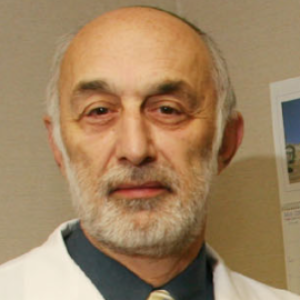Title : The biochemical etiology of autism
Abstract:
As early as 1988, insulin-like growth factor-1 (IGF1) and truncated IGF1 were identified in bovine colostrum. Subsequent studies, to be reviewed here, suggested links between autism arising in young children and deficient IGF1 in their biochemical constitution. With prolonged maternal breast feeding as an IGF1 source for the neonate, the incidence of autism is reduced. It was also reported that ingested vitamin D3 increases the circulating level of IGF1.
Many new mothers are unable to breastfeed their neonates exclusively for more than a few weeks after delivery. Other obligations and activities often curtail a mother’s commitment to continue this for several months. Medical studies support the conclusion that enhanced IGF1 ingestion to prevent autism should last 6-12 months. A literature review here describes some synthetic methods that might soon lead to industrial preparation of supplementary IGF1 for addition to the baby’s feedings to substitute for maternal lactation.
Human breast milk is a positive promoter of this biosynthetic function and is encouraged for feeding the newborn for the first 6-12 months. Means for manufacturing IGF1 which can be added to formulas or bovine milk are reviewed here as well.
Keywords: autism, colostrum, myelination, interleukin, inflammatory




